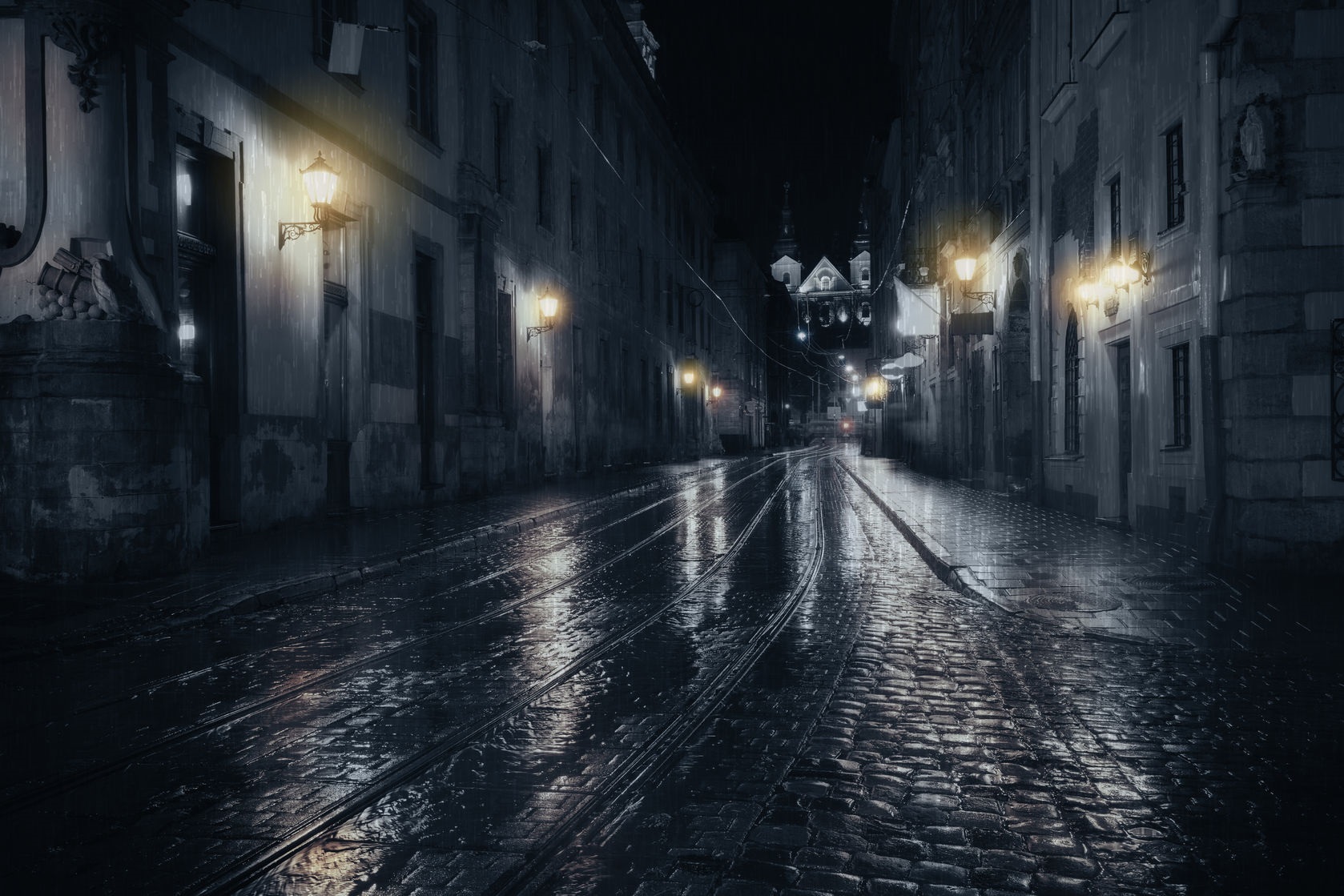
This was trouble. The front lobby door was locked and it had just started to rain. Douglas wasn’t due back for another couple of hours – two maybe – and I would lose my light by then, anyway. I stood on the small step at the base of the doorframe and leaned my shoulders flush against the door, trying to stay dry. The overhang above the door was short, and water dripped from the corners in streams as steady as the rain. Across the street and into the park, the rain glinted and shimmered in the deep black night. It hadn’t even sprinkled, the sky opened and it just started coming down. Hard. I watched the rain and tried to catch my breath. I could hear a woman’s laughter above me, from an open window somewhere in the building, in conversation with a man whose words I couldn’t quite make out. Sounded like the guy next door. Big mouth, big talker. I’m sure he was telling some stupid lie of a story — his hands tied, fighting a tiger in the African plains with only two toes on his left foot and his manly wits. I heard her giggle and moan as I watched the drops spear the night. The night sky was ugly and wet. I just hoped Douglas has his key this time.
I shook my head. I should have known better. I should have never let myself get into a situation like this. Seriously. I was old enough to avoid shit like this, I had told myself countless times. I’m too smart for this. No cell phone, no connections to family, and having a roommate at the age of thirty-nine with a tiny apartment in a rundown neighborhood on the far southwest side, drinking too much, spending too much time alone — not wise moves. Hell, I knew that.
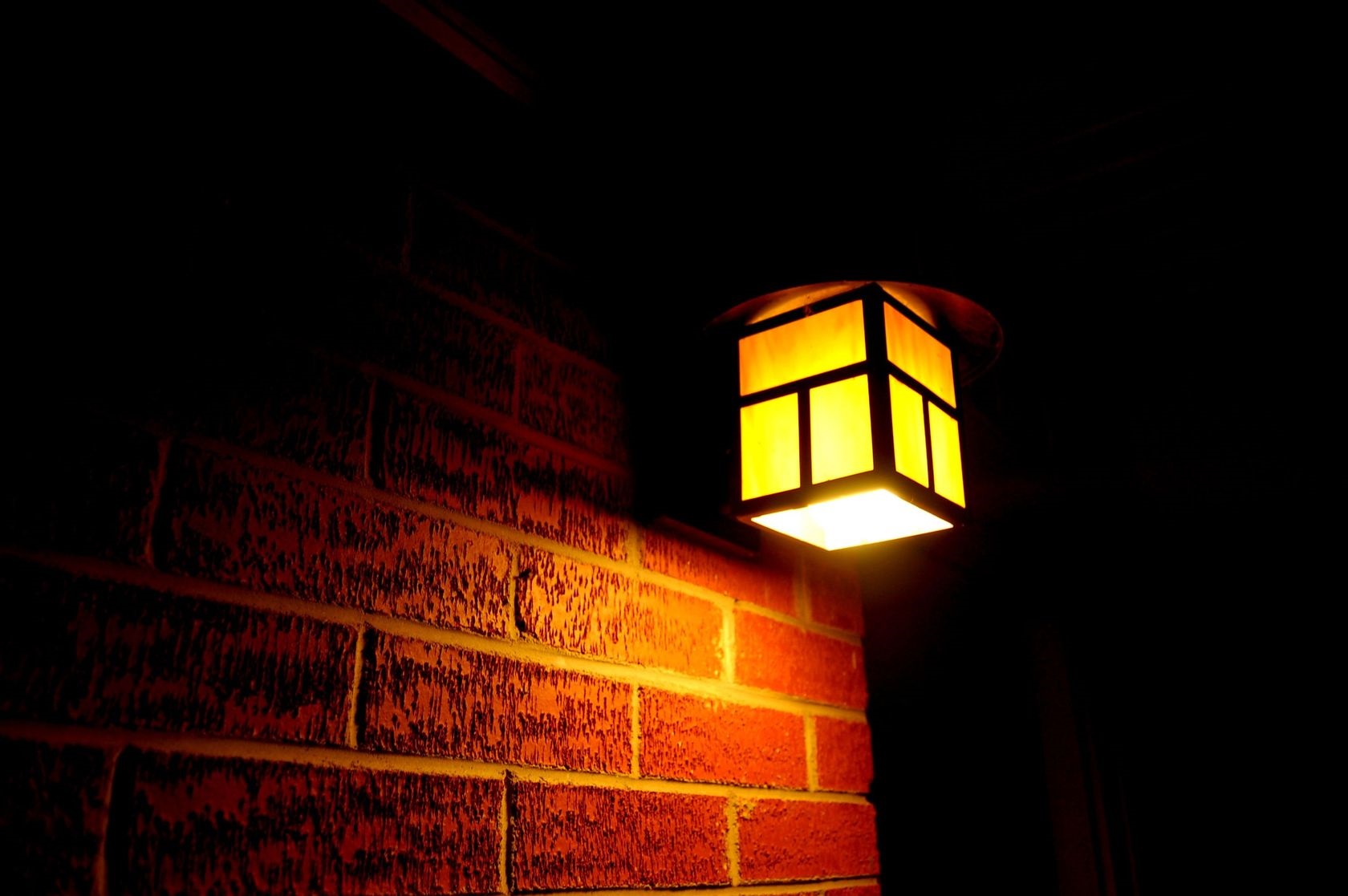 It wasn’t until after midnight that I realized the rain wasn’t going to let up any time soon. No Douglas, no apartment key and I was stuck. I was wet, angry and a little drunk. A losing combination, I know, but it was a fact I couldn’t change. Not then. The streets were relatively free of cars and besides an errant city bus plowing through the black puddles, the only foot traffic was couples, crouched under their own outstretched coats or umbrellas, moving between the lights. My head pounded. The sound of the rain was deafening, an echo so loud that I had to close my eyes to concentrate. My brain wouldn’t move and I had to roll it and knead it to get it going again. I pushed my thumbs against my temples, rotating, erasing any errant thoughts. Who else had a key? Who had a key and how could I get it? I needed it now. Right now. Fuck man, no one had a key. It was useless. I was clean now and part of being clean is trying to control the flow of people in your life as much as possible. So I had made a point of that – no friends, no family, no one beyond Douglas Mac, and even he didn’t have a key half the time. He was useless, though his name was on the lease.
It wasn’t until after midnight that I realized the rain wasn’t going to let up any time soon. No Douglas, no apartment key and I was stuck. I was wet, angry and a little drunk. A losing combination, I know, but it was a fact I couldn’t change. Not then. The streets were relatively free of cars and besides an errant city bus plowing through the black puddles, the only foot traffic was couples, crouched under their own outstretched coats or umbrellas, moving between the lights. My head pounded. The sound of the rain was deafening, an echo so loud that I had to close my eyes to concentrate. My brain wouldn’t move and I had to roll it and knead it to get it going again. I pushed my thumbs against my temples, rotating, erasing any errant thoughts. Who else had a key? Who had a key and how could I get it? I needed it now. Right now. Fuck man, no one had a key. It was useless. I was clean now and part of being clean is trying to control the flow of people in your life as much as possible. So I had made a point of that – no friends, no family, no one beyond Douglas Mac, and even he didn’t have a key half the time. He was useless, though his name was on the lease.
I saw Kaz Kajinski out of the corner of my eye, a solid black figure coming down the street. He had a way of walking on his toes, almost bouncing, that always made me leery. It was as if he couldn’t wait to get where he was going and he was ready to pounce, left or right, once he got there. He didn’t seem to care that it was raining. His hands were shoved into his front pockets, and he held his head up, letting the rain drip along his cheeks. I could not hide, the doorway was too shallow, and besides, I was sure he would see me anyway. And he did.
“Hey Curtis, man, whatcha doin’?”
“Nothing,” I said, defensively. “Hey Kaz. What’s up, man?”
He stopped and faced me. The rain poured over him, falling from his eyebrows, water streaking around his cheeks and under his chin. He stood in the night with a glow encircling him, like an apparition. Or a god. It freaked me out. I hunched my shoulders and started to shiver as I wrapped my arms tighter across my chest.
He cleared his throat and cocked his head a little. He asked if I had seen any action tonight.
“No, man. I haven’t been looking though. I’m done, man, you know that. I’m doing well, feeling good.”
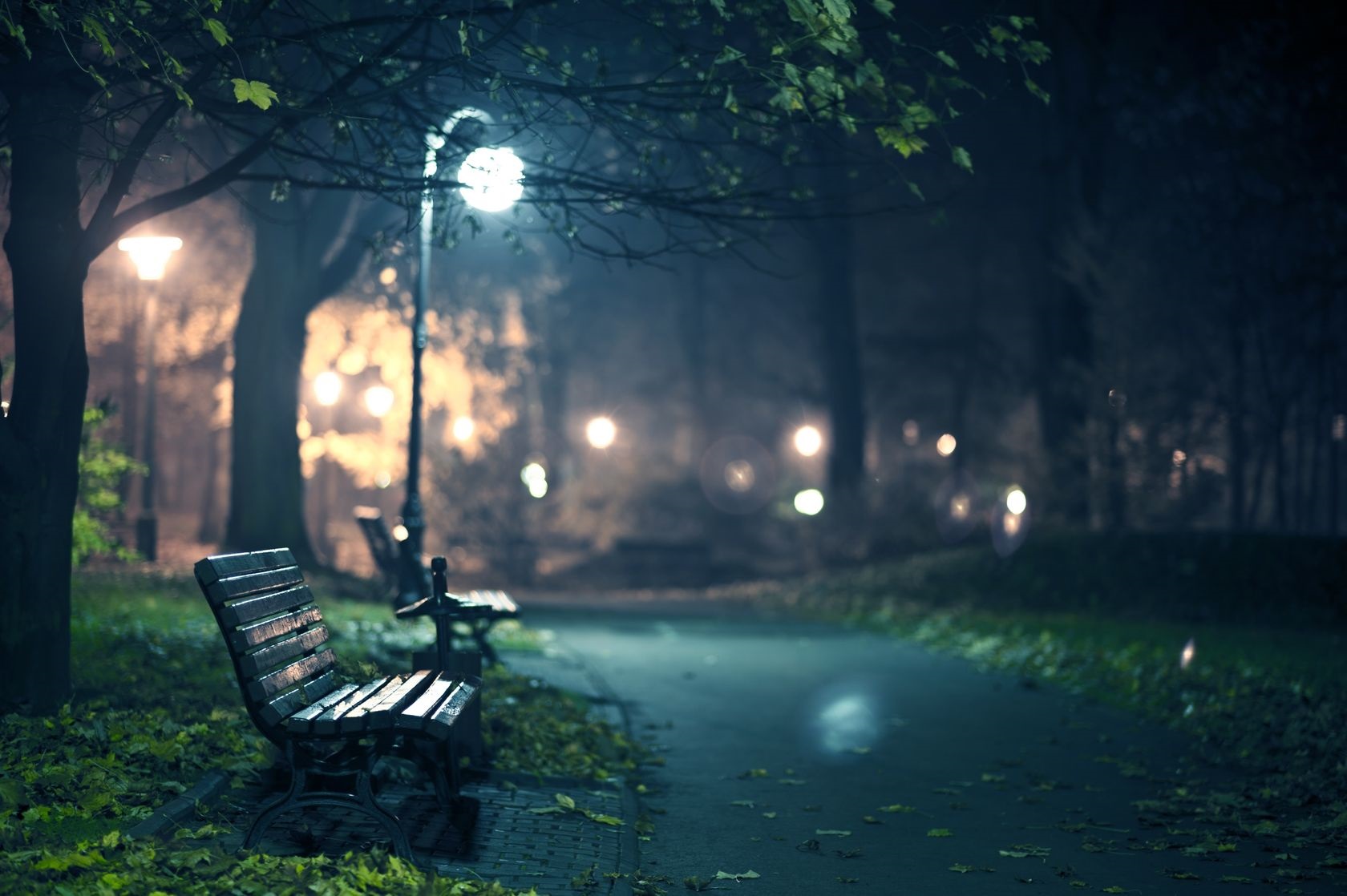 His eyes flickered and he shook his head. “Yeah, yeah, yeah,” he said and I could tell he was high. His eyes darted around and his head bobbed, repeatedly. I knew he was anxious to keep his groove going. The first lesson on the streets is that a junkie can’t be a junkie on his own. It was all about “keeping the next high close by.” You had to know who to know, and which cluckers could get you in contact with some good stuff. Quickly and safely. I used to have great connections, and junkies knew that. I was never a junkie. I used, yeah, of course, but I wasn’t a junkie. I didn’t have the same needs they did. I brought people together, bridging the gap between those in need with those who had the goods to fill that need. But everything can change in three and a half years, man. Two years in prison was bad enough but, I’m telling you, you lose everything on the streets when you try to go straight. You may as well be dead. You’re like a man with no arms. Kaz knew that. He scratched at his shoulder, and looked right through me like I didn’t even exist.
His eyes flickered and he shook his head. “Yeah, yeah, yeah,” he said and I could tell he was high. His eyes darted around and his head bobbed, repeatedly. I knew he was anxious to keep his groove going. The first lesson on the streets is that a junkie can’t be a junkie on his own. It was all about “keeping the next high close by.” You had to know who to know, and which cluckers could get you in contact with some good stuff. Quickly and safely. I used to have great connections, and junkies knew that. I was never a junkie. I used, yeah, of course, but I wasn’t a junkie. I didn’t have the same needs they did. I brought people together, bridging the gap between those in need with those who had the goods to fill that need. But everything can change in three and a half years, man. Two years in prison was bad enough but, I’m telling you, you lose everything on the streets when you try to go straight. You may as well be dead. You’re like a man with no arms. Kaz knew that. He scratched at his shoulder, and looked right through me like I didn’t even exist.
Kaz gazed down the street and then turned and looked up, past the dimly lit shops to my right. Man, he was geeked. He was searching but nobody was coming to save him, no quick fix suddenly appeared. I could feel his rhythm, and I knew that feeling. The high was just starting to come down and the panic was kicking in. He had to score quick to continue to ride. He had to reverse the slide and he had to do it quick. His panic fed my own. I could feel it. I could feel my skin tighten, my veins beginning to jump. I had an itch all over my body.
“Yeah, you try Peanut?” I asked, running the back of my hand against the small of my back.
“Huh?”
“Have you seen Peanut? He usually has something.”
“No. No, last time I saw him,” he started shaking his right hand, down near his side, flipping it from side to side. “No, he fucked me up, man. He went bad. Zoomer and shit. And when you do that shit, it comes back fast. He fucked up way too many people. He’s probably dead by now, anyway, for all I know.”
“Oh shit,” I said. “Well, what about Barrio? You seen him lately?”
“No, no,” he mumbled. He stopped shaking. “Barrio? No, man.” He ran his fingers through this hair and squinted. “Barrio? Is he still around?” He looked at me and then up at the rain, his expression taking in each drop. He ran his hands over his face.
“Shit, man. It’s fucking raining. I am on an inter-planet-ary mission and it is fucking raining on me. All I know is that I need to score some jum. I need to score now.”
“Yeah.”
I could feel the itch, his need — that’s all he was thinking about. I missed that feeling of going from high to high, connecting the dots, keeping it going, never touching down. Of knowing what you needed, even if the need quickly escalated to desperation. When you’re clean, you don’t have the same drive, that singular goal – just score some scratch, some money, somehow, and keep your bedbugs close by, keep the next hit skin deep. It was all you had to think about, all you had to do. Being straight was hard, man. I hated to admit it. It was really hard. I missed having that focus.
The rain continued to fall in sheets beyond Kaz and I felt my skin tighten with a dampness that went deeper than my pores. Christ, I wish I could slide past this door, climb those stairs and get into my apartment, climb into my bed. I thought of my couch, two floors up. Comfortable and dry. Well, it wasn’t a couch, really. It was the backseat from some old car but it was warm and dry and that was what I was thinking about when Kaz leapt at me. His right forearm jammed into my chest and his right fingers gripped my chin and cheek. The weight of this illiterate meatball forced me back, the force slamming me against the door.
“I need to score, man! I need it now!” he cursed into my cheek.
I tried to push him, but his full weight was flush against me and I couldn’t get my arms in place. I couldn’t budge him. He was much further gone than I thought and I remembered what my old man used to say, “Never fight with an ugly man, he has nothing to lose.”
This man was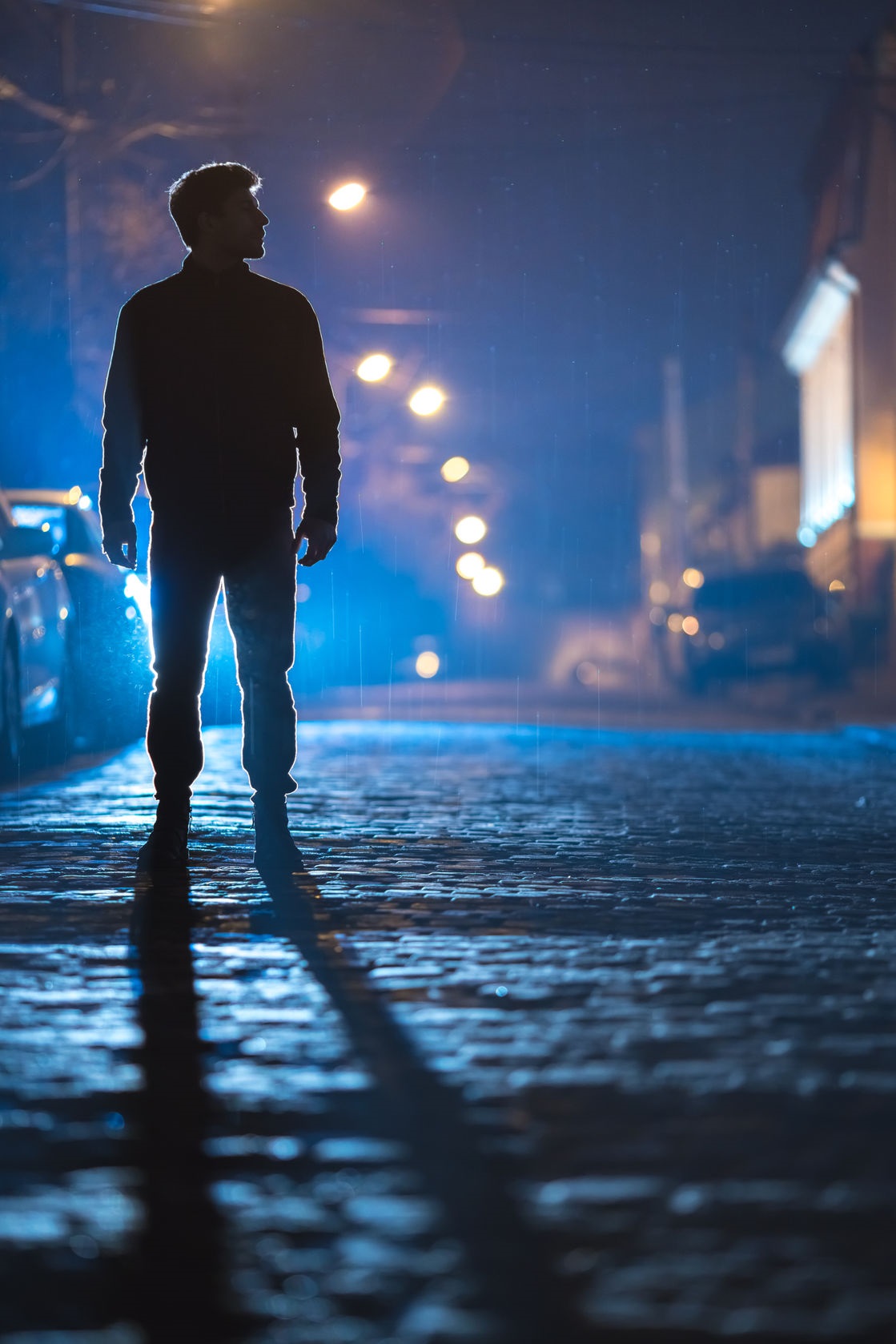 not only ugly but this man was high and this man was desperate. And he had me pinned, my back against the door. I don’t know what my old man would have said about that. I had no intention of fighting but I didn’t want him passing out on me either or throwing up or totally freaking out. I couldn’t keep him away from me, instead he collapsed on top of me. I couldn’t budge this dumb fuck, not an inch.
not only ugly but this man was high and this man was desperate. And he had me pinned, my back against the door. I don’t know what my old man would have said about that. I had no intention of fighting but I didn’t want him passing out on me either or throwing up or totally freaking out. I couldn’t keep him away from me, instead he collapsed on top of me. I couldn’t budge this dumb fuck, not an inch.
“Kaz, come on, now, man, I know what you want, I know what you are going though man, but I’m trying to help you, man. I tell you, I ain’t got nothing. I’m clean now.” I tried to push again but he was still too heavy. “Shit man, get off me.”
“I’m trying to help you think of someone. I’m on your side, man.” I had to keep talking, saving my strength. “Okay, what about Peterson? Peterson, little black guy over on Longrove? He’s good, he usually has something. C’mon man, I’ll take you. Let’s go, c’mon, get off me. You gotta move if you wanna groove. That’s what Mac says, right?”
Kaz took his weight off me, and I lightly pushed him the rest of the way back. His lips were curled, his eyes were closed and his face was contracting in a wince. The liquor in my body was beginning settle and I sensed his high was stating to slip away too, literally oozing out of his pores.
“Ah fuck,” he said, without moving his lips. He rocked back on his heels, his arms at his side.
Something was not right. I didn’t know what was wrong with him or what he wanted. He seemed to have given up.
“Ah, man.” His eyes opened just a sliver. “Fuck, fuck, fuck.”
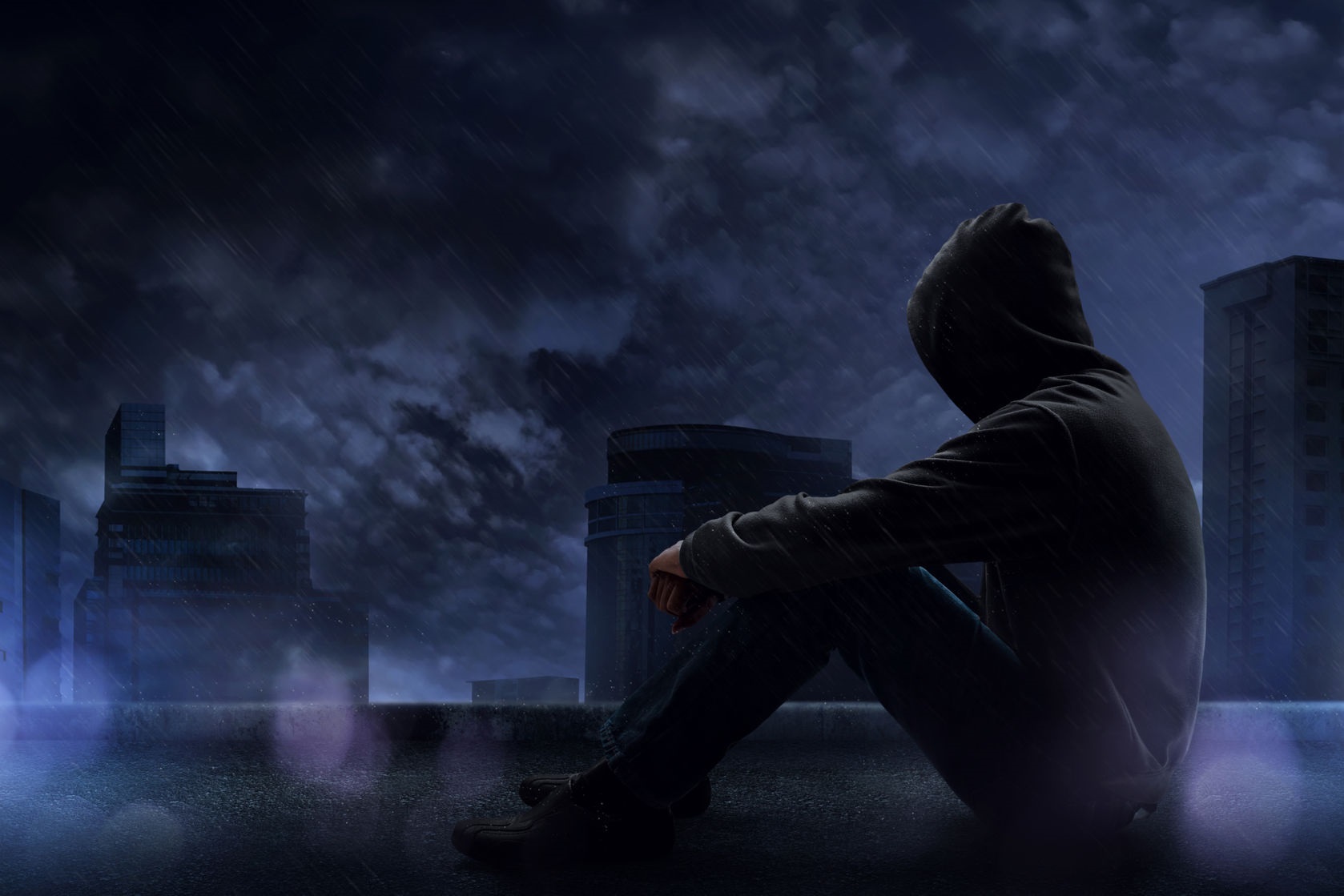 I looked down and saw that his right hand was covered in blood, all the way up his arm, over his sleeve. Kaz stood in front of me, his body weaving softly left and right, his face in a pained grimace.
I looked down and saw that his right hand was covered in blood, all the way up his arm, over his sleeve. Kaz stood in front of me, his body weaving softly left and right, his face in a pained grimace.
When I looked to my stomach, it too was drenched in a red so deep it was black. The stain spread up my shirt in a definitive line like ink, and yet, there was a softness to it, soaking the fabric, inching its way up to me, welcoming me to sleep. I hadn’t felt the knife at all, but knew instantly what had happened. I couldn’t understand it. Why now? I’m clean now. I’m doing good. Why now?
Kaz turned quickly and ran down the street, disappearing in a sheet of rain and darkness, as I slid down the front of the door, my butt resting on the stoop. I tried to just breathe. My lids got heavy and the sky turned light. I closed my eyes.
About the Author: David Bontumasi
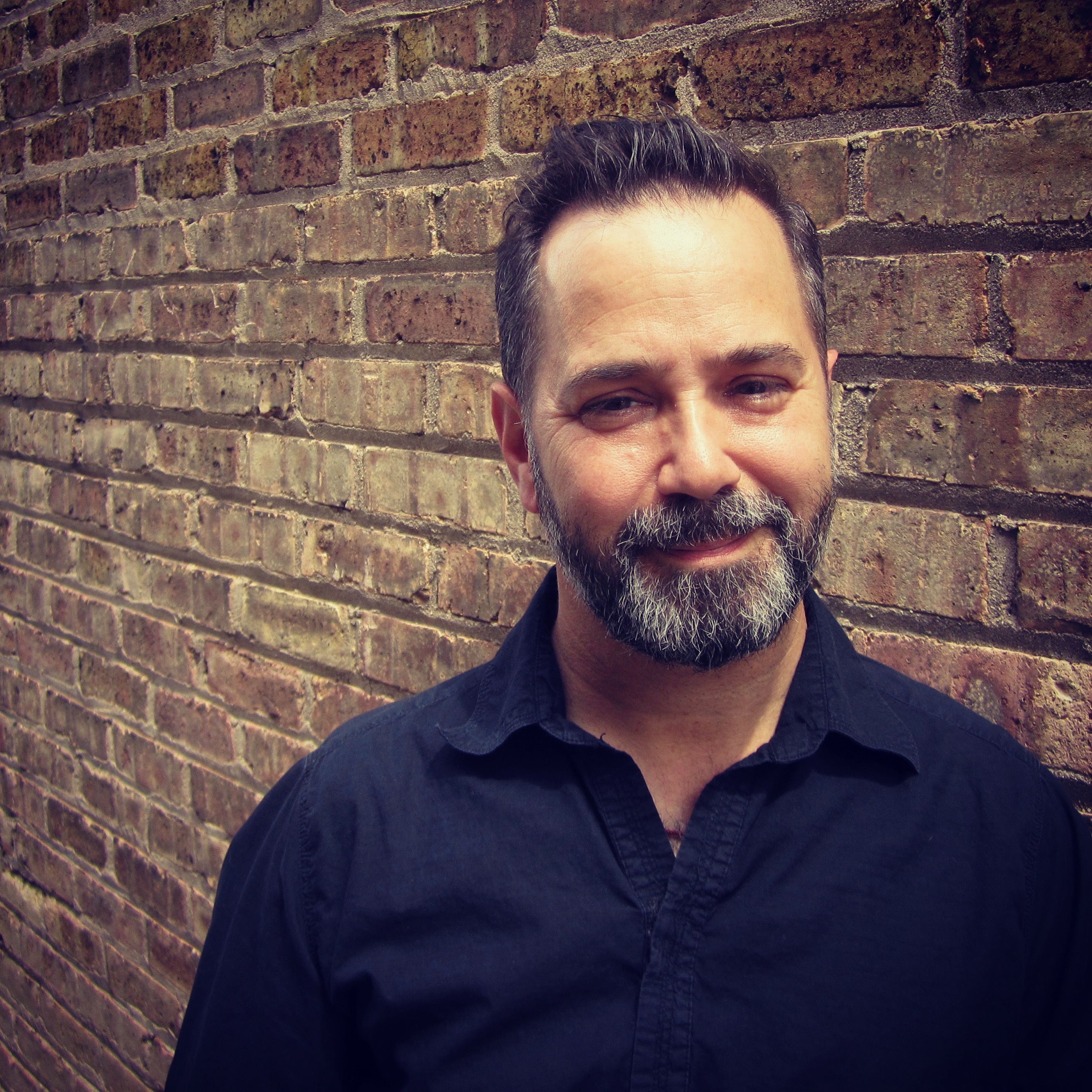 David Bontumasi’s short stories have been featured in several publications, including HyperText Magazine, The RavensPerch, Black Mirror Magazine, ETA, The Deadline and Back to Print. His novella Of This Earth, set in Sicily and Michigan in the 1920’s, was published in 2015. He is hard at work on his second book, a collection of short stories. Originally from Flint Michigan, David now lives in Chicago with his wife and two sons.
David Bontumasi’s short stories have been featured in several publications, including HyperText Magazine, The RavensPerch, Black Mirror Magazine, ETA, The Deadline and Back to Print. His novella Of This Earth, set in Sicily and Michigan in the 1920’s, was published in 2015. He is hard at work on his second book, a collection of short stories. Originally from Flint Michigan, David now lives in Chicago with his wife and two sons.

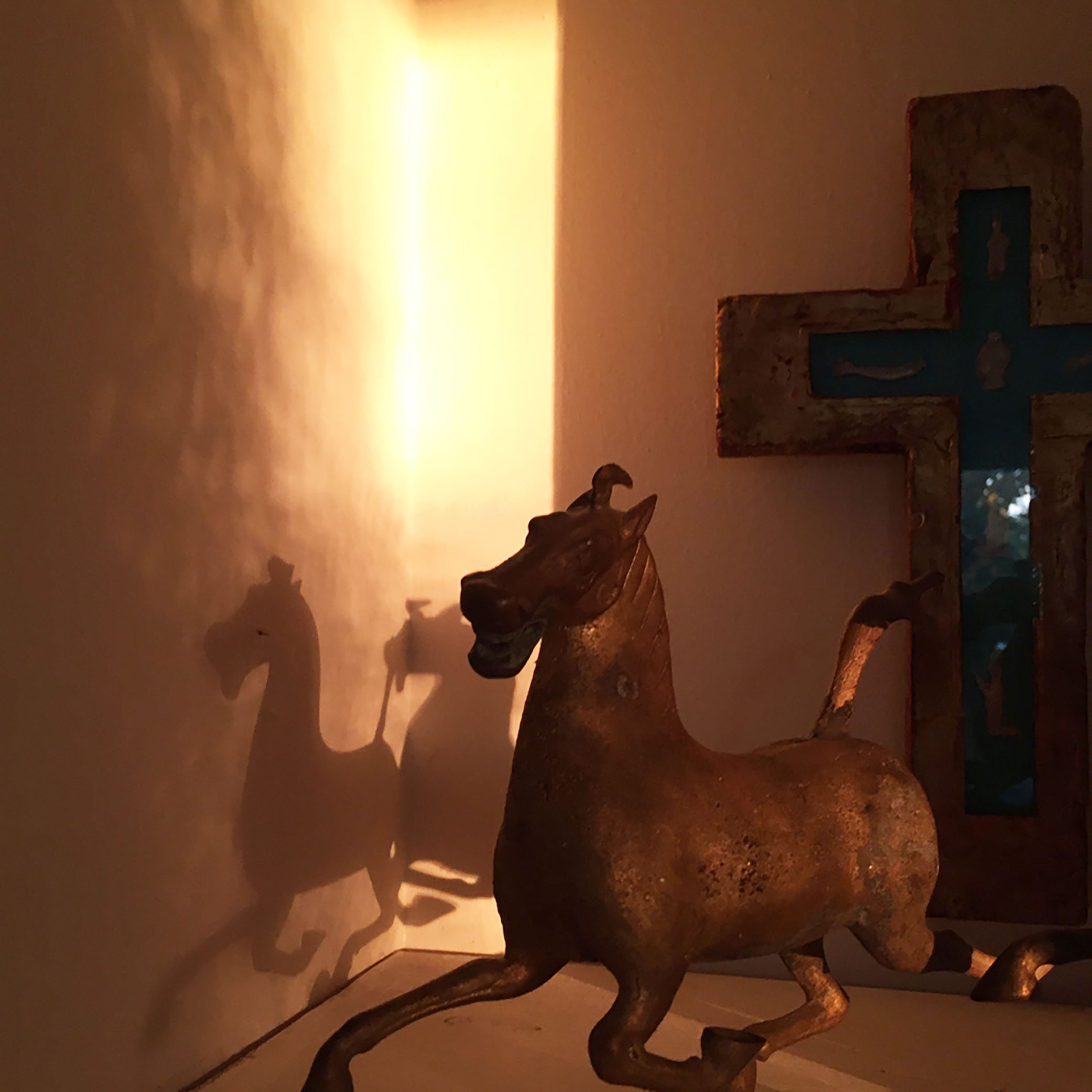
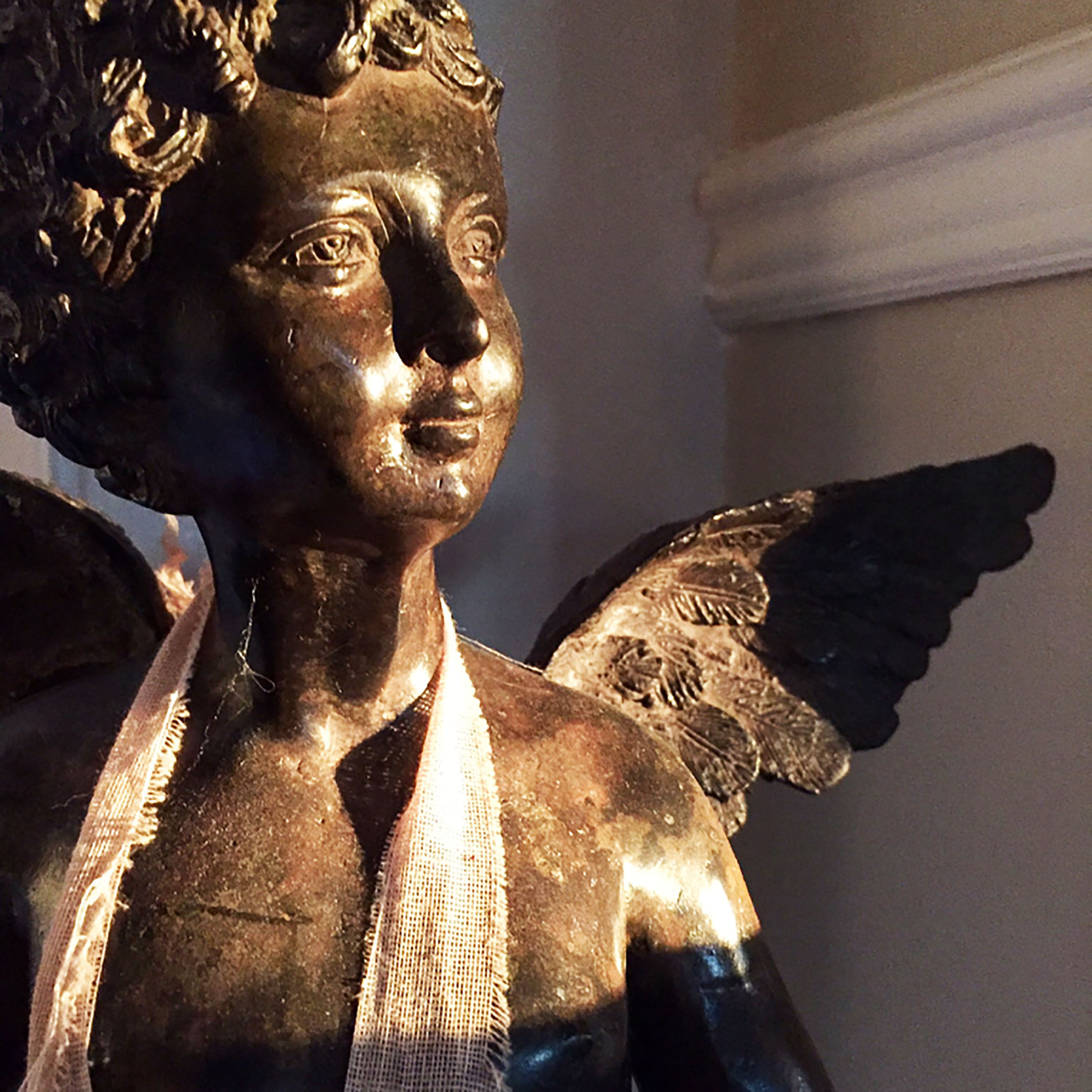

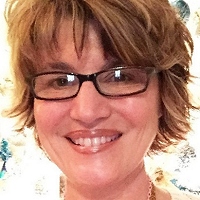 Kelli May-Krenz is an award-winning graphic designer and illustrator with more than 20 years’ experience. Her ability to capture, express and visually communicate the needs and visions of her clients has produced designs and promotional materials for everything from independent boutiques to Fortune 500 companies.
Kelli May-Krenz is an award-winning graphic designer and illustrator with more than 20 years’ experience. Her ability to capture, express and visually communicate the needs and visions of her clients has produced designs and promotional materials for everything from independent boutiques to Fortune 500 companies.

 It wasn’t until after midnight that I realized the rain wasn’t going to let up any time soon. No Douglas, no apartment key and I was stuck. I was wet, angry and a little drunk. A losing combination, I know, but it was a fact I couldn’t change. Not then. The streets were relatively free of cars and besides an errant city bus plowing through the black puddles, the only foot traffic was couples, crouched under their own outstretched coats or umbrellas, moving between the lights. My head pounded. The sound of the rain was deafening, an echo so loud that I had to close my eyes to concentrate. My brain wouldn’t move and I had to roll it and knead it to get it going again. I pushed my thumbs against my temples, rotating, erasing any errant thoughts. Who else had a key? Who had a key and how could I get it? I needed it now. Right now. Fuck man, no one had a key. It was useless. I was clean now and part of being clean is trying to control the flow of people in your life as much as possible. So I had made a point of that – no friends, no family, no one beyond Douglas Mac, and even he didn’t have a key half the time. He was useless, though his name was on the lease.
It wasn’t until after midnight that I realized the rain wasn’t going to let up any time soon. No Douglas, no apartment key and I was stuck. I was wet, angry and a little drunk. A losing combination, I know, but it was a fact I couldn’t change. Not then. The streets were relatively free of cars and besides an errant city bus plowing through the black puddles, the only foot traffic was couples, crouched under their own outstretched coats or umbrellas, moving between the lights. My head pounded. The sound of the rain was deafening, an echo so loud that I had to close my eyes to concentrate. My brain wouldn’t move and I had to roll it and knead it to get it going again. I pushed my thumbs against my temples, rotating, erasing any errant thoughts. Who else had a key? Who had a key and how could I get it? I needed it now. Right now. Fuck man, no one had a key. It was useless. I was clean now and part of being clean is trying to control the flow of people in your life as much as possible. So I had made a point of that – no friends, no family, no one beyond Douglas Mac, and even he didn’t have a key half the time. He was useless, though his name was on the lease. His eyes flickered and he shook his head. “Yeah, yeah, yeah,” he said and I could tell he was high. His eyes darted around and his head bobbed, repeatedly. I knew he was anxious to keep his groove going. The first lesson on the streets is that a junkie can’t be a junkie on his own. It was all about “keeping the next high close by.” You had to know who to know, and which cluckers could get you in contact with some good stuff. Quickly and safely. I used to have great connections, and junkies knew that. I was never a junkie. I used, yeah, of course, but I wasn’t a junkie. I didn’t have the same needs they did. I brought people together, bridging the gap between those in need with those who had the goods to fill that need. But everything can change in three and a half years, man. Two years in prison was bad enough but, I’m telling you, you lose everything on the streets when you try to go straight. You may as well be dead. You’re like a man with no arms. Kaz knew that. He scratched at his shoulder, and looked right through me like I didn’t even exist.
His eyes flickered and he shook his head. “Yeah, yeah, yeah,” he said and I could tell he was high. His eyes darted around and his head bobbed, repeatedly. I knew he was anxious to keep his groove going. The first lesson on the streets is that a junkie can’t be a junkie on his own. It was all about “keeping the next high close by.” You had to know who to know, and which cluckers could get you in contact with some good stuff. Quickly and safely. I used to have great connections, and junkies knew that. I was never a junkie. I used, yeah, of course, but I wasn’t a junkie. I didn’t have the same needs they did. I brought people together, bridging the gap between those in need with those who had the goods to fill that need. But everything can change in three and a half years, man. Two years in prison was bad enough but, I’m telling you, you lose everything on the streets when you try to go straight. You may as well be dead. You’re like a man with no arms. Kaz knew that. He scratched at his shoulder, and looked right through me like I didn’t even exist. not only ugly but this man was high and this man was desperate. And he had me pinned, my back against the door. I don’t know what my old man would have said about that. I had no intention of fighting but I didn’t want him passing out on me either or throwing up or totally freaking out. I couldn’t keep him away from me, instead he collapsed on top of me. I couldn’t budge this dumb fuck, not an inch.
not only ugly but this man was high and this man was desperate. And he had me pinned, my back against the door. I don’t know what my old man would have said about that. I had no intention of fighting but I didn’t want him passing out on me either or throwing up or totally freaking out. I couldn’t keep him away from me, instead he collapsed on top of me. I couldn’t budge this dumb fuck, not an inch. I looked down and saw that his right hand was covered in blood, all the way up his arm, over his sleeve. Kaz stood in front of me, his body weaving softly left and right, his face in a pained grimace.
I looked down and saw that his right hand was covered in blood, all the way up his arm, over his sleeve. Kaz stood in front of me, his body weaving softly left and right, his face in a pained grimace.

 Therese Wood is an essayist and has written most extensively on the topic of death and dying. She enjoys reading and writing poetry, collects sacred kitsch, practices Tai Chi and dabbles in art just for pleasure.
Therese Wood is an essayist and has written most extensively on the topic of death and dying. She enjoys reading and writing poetry, collects sacred kitsch, practices Tai Chi and dabbles in art just for pleasure.
 Patricia Wellingham-Jones is a widely published former psychology researcher and writer/editor. She has a special interest in healing writing, with poems recently in The Widow’s Handbook (Kent State University Press). Chapbooks include Don’t Turn Away: poems about breast cancer, End-Cycle: poems about caregiving, Apple Blossoms at Eye Level, Voices on the Land and Hormone Stew.
Patricia Wellingham-Jones is a widely published former psychology researcher and writer/editor. She has a special interest in healing writing, with poems recently in The Widow’s Handbook (Kent State University Press). Chapbooks include Don’t Turn Away: poems about breast cancer, End-Cycle: poems about caregiving, Apple Blossoms at Eye Level, Voices on the Land and Hormone Stew.
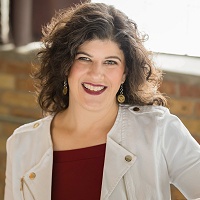


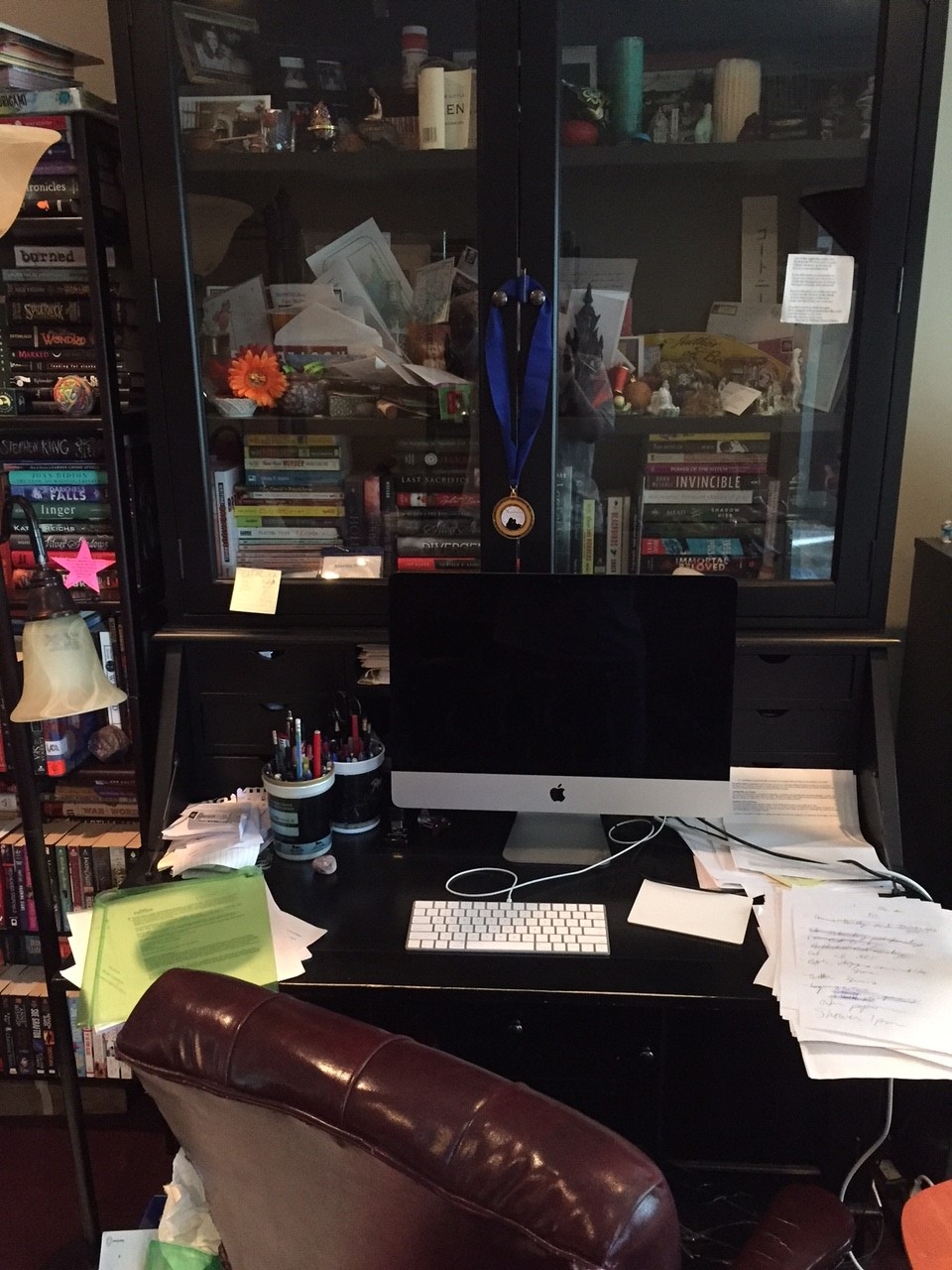 My alarm goes off at 10 a.m. It’s on the other side of the room to make sure that I actually get up. After I’ve used the bathroom, my first stop is my secretary desk and computer. I’m a grumpy pants during the first hour of every day, which makes me unfit for in-person interaction. Instead, I check email. I flag anything that needs detailed follow-up and delete anything that’s not important. As I go through it, I reply to the easy stuff. I have 9 email accounts so it’s usually 15-30 minutes to check them all.
My alarm goes off at 10 a.m. It’s on the other side of the room to make sure that I actually get up. After I’ve used the bathroom, my first stop is my secretary desk and computer. I’m a grumpy pants during the first hour of every day, which makes me unfit for in-person interaction. Instead, I check email. I flag anything that needs detailed follow-up and delete anything that’s not important. As I go through it, I reply to the easy stuff. I have 9 email accounts so it’s usually 15-30 minutes to check them all.
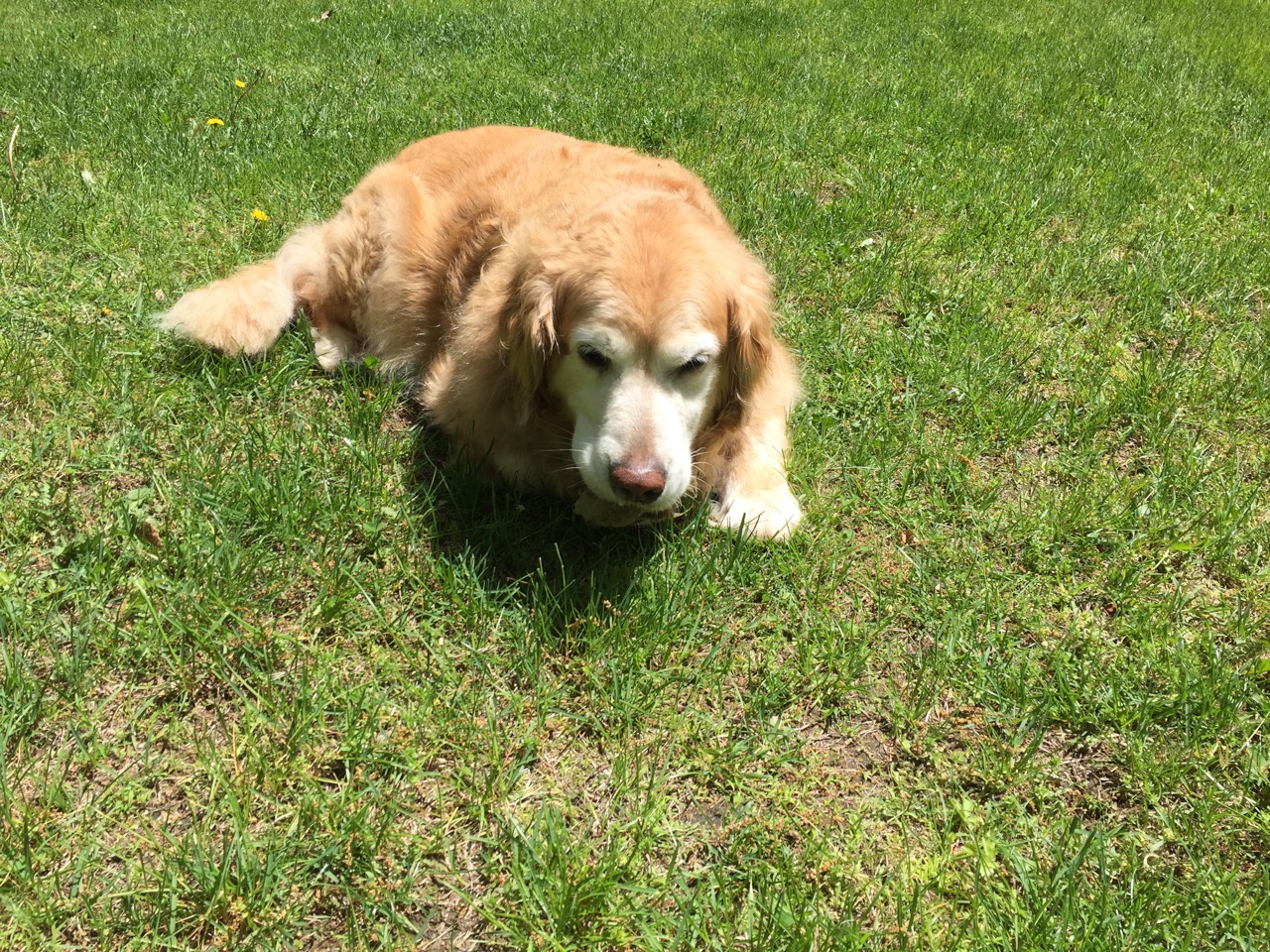
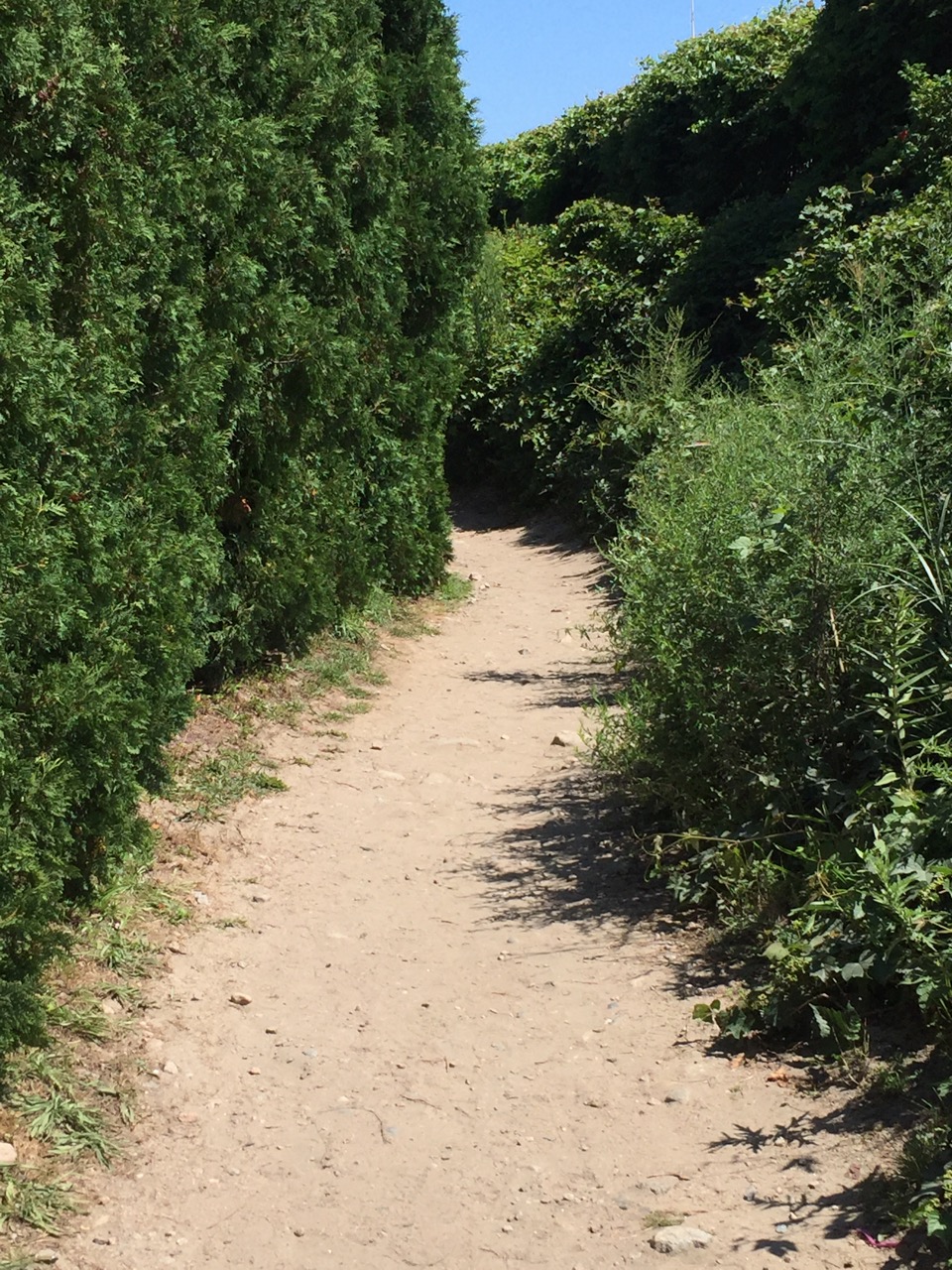 Then I’m off to teach for four hours. It’s about a twenty-minute commute each way. Teach from 5:45-9:35 p.m. makes it hard to eat at a regular dinner time. I get 4 ten-minute breaks, but I’m usually doing attendance or something class related or, you know, using the bathroom. So there’s no time to eat and digest properly.
Then I’m off to teach for four hours. It’s about a twenty-minute commute each way. Teach from 5:45-9:35 p.m. makes it hard to eat at a regular dinner time. I get 4 ten-minute breaks, but I’m usually doing attendance or something class related or, you know, using the bathroom. So there’s no time to eat and digest properly.

 Richard King Perkins II is a state-sponsored advocate for residents in long-term care facilities. He lives in Crystal Lake, IL, USA with his wife, Vickie and daughter, Sage. He is a three-time Pushcart, Best of the Net and Best of the Web nominee whose work has appeared in more than a thousand publications.
Richard King Perkins II is a state-sponsored advocate for residents in long-term care facilities. He lives in Crystal Lake, IL, USA with his wife, Vickie and daughter, Sage. He is a three-time Pushcart, Best of the Net and Best of the Web nominee whose work has appeared in more than a thousand publications.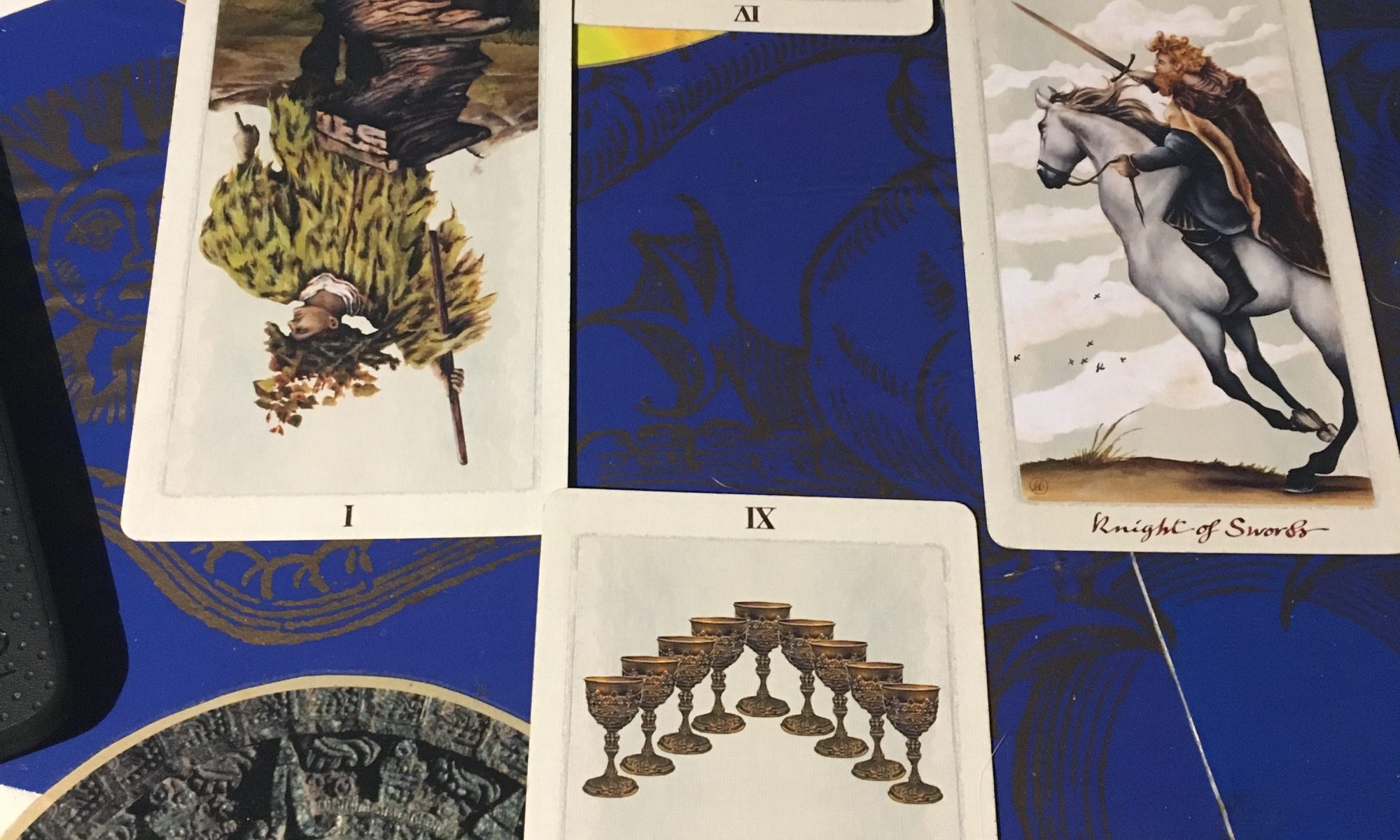
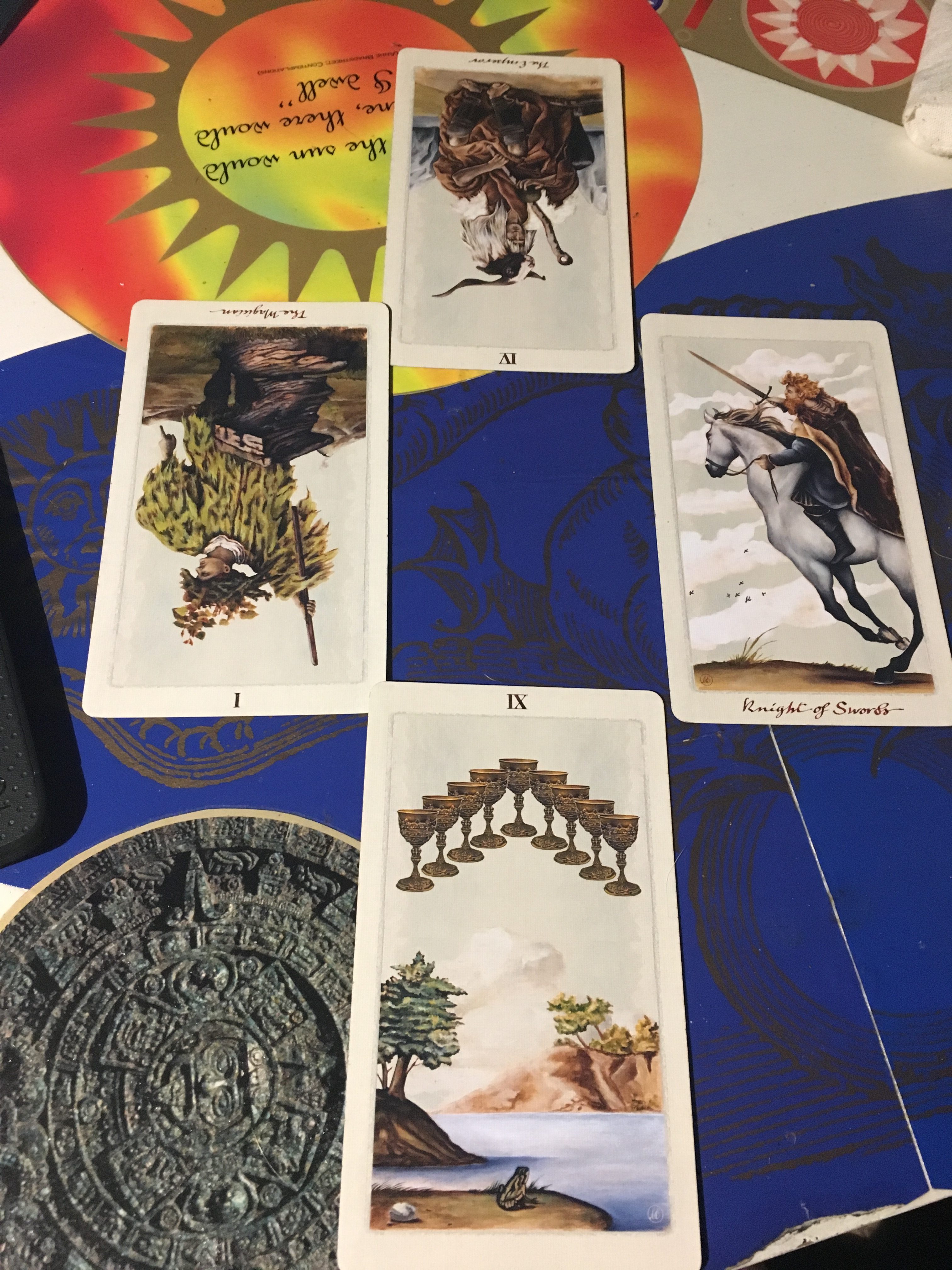
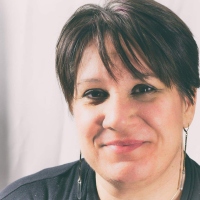 Melissa Cynova is owner of
Melissa Cynova is owner of
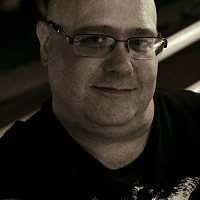 Robert Beveridge makes noise (
Robert Beveridge makes noise (

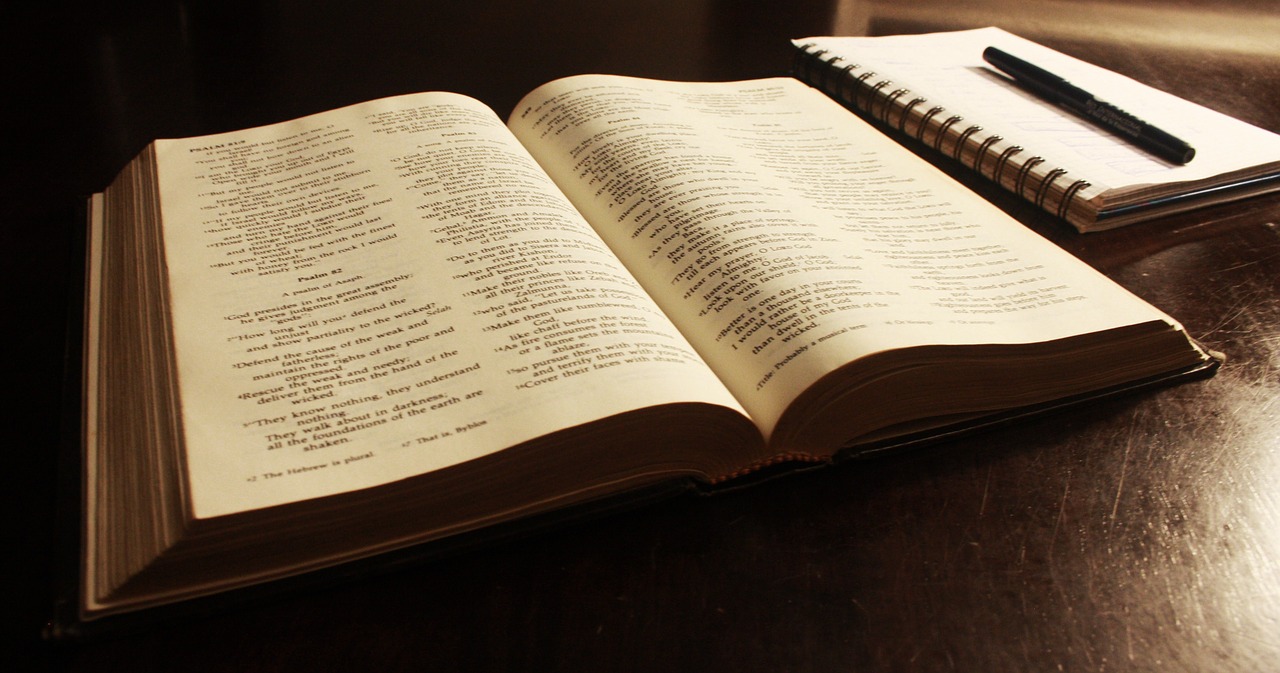
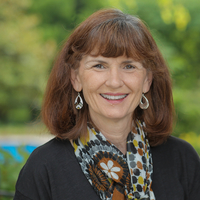 Molly Totoro is a Connecticut Yankee currently residing in the Midwest with her husband and trusty basset. While Molly retired from full-time teaching in 2014 to pursue her writing dreams, she continues to work with students to achieve their writing potential. Molly recently published her first book,
Molly Totoro is a Connecticut Yankee currently residing in the Midwest with her husband and trusty basset. While Molly retired from full-time teaching in 2014 to pursue her writing dreams, she continues to work with students to achieve their writing potential. Molly recently published her first book,